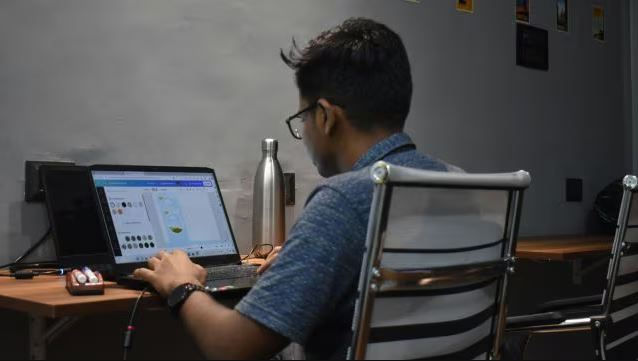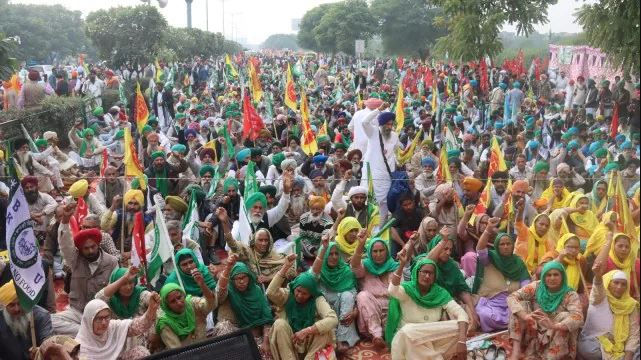UK hospital introduces special packs for medics fasting during Ramadan
- guru prakash
- Apr 4, 2022
- 2 min read
The UK's first hospital to appoint a Muslim imam to overhaul its religious services has launched special packs for medics who are fasting during Ramadan.

Bradford Teaching Hospitals has created Fast Packs, each consisting of dates, water, a disposable prayer mat, prayer counter and a Ramadan prayer timetable.
Last year, for the first time in the NHS’s history, it appointed a Humanist chaplain and Muslim imam to redesign its chaplaincy service to deliver inclusive, spiritual and pastoral care to its patients.
Traditionally these guidelines would have been set by Anglican chaplains, who make up the majority of the UK Board of Health Care Chaplains.
Now, the head of its new Spiritual, Pastoral and Religious Care team, Imam Mohammed Arshad, has launched the Fast Packs initiative.
"I am delighted that the Trust is recognising our colleagues who will be working on our hospital wards this Ramadan," he said.
“The creation of these new Fast Packs will enable staff, who have been fasting without food or drink for 16 hours, to carry on working when the time comes to open their fast in the early evening.
“When colleagues have opened their fast on site with these new packs, it means that work breaks can be staggered in order to maintain safe staffing numbers without breaking Ramadan rules.”
Chief nurse Karen Dawber said the Trust will be handing out the packs from this week.
“It’s really important, working in a multicultural community, that we encompass all faiths and beliefs," she said.
"That’s why we want to be supportive to our colleagues, patients and visitors who are observing the holy month of Ramadan.”
It is one of the first initiatives by the Trust following its overhaul of its religious services.
“Here in Bradford we consider all beliefs and world views to be valued equally and as a team we want to provide an equal service to patients and NHS colleagues alike," Mr Arshad said on his appointment.
“The Bradford Model proposes a new and refreshing cross-belief model for Spiritual, Pastoral and Religious Care, historically known as Chaplaincy, that is rooted in the reality of demographic trends and a firm commitment to equality.
"It puts to bed the commonly held view that you can only call the chaplain when there is a death, to embracing instead the concept of a more proactive, integrated and holistic role."




Comments